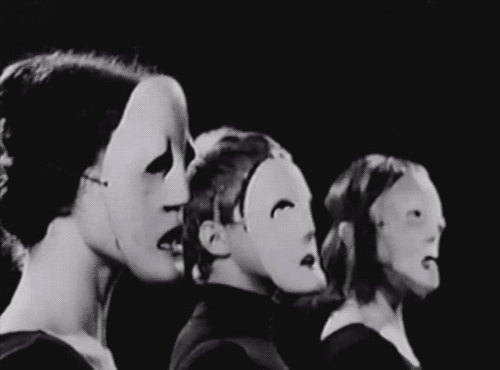 You’re most likely already in the system, and it’s too late to opt out. All those profile photos, Instagrams and selfies aren’t just poses but also proof. You’ll never be a stranger again. Never. From Luke Dormehl’s Guardian article about facial recognition:
You’re most likely already in the system, and it’s too late to opt out. All those profile photos, Instagrams and selfies aren’t just poses but also proof. You’ll never be a stranger again. Never. From Luke Dormehl’s Guardian article about facial recognition:
“This summer, Facebook will present a paper at a computer vision conference revealing how it has created a tool almost as accurate as the human brain when it comes to saying whether two photographs show the same person – regardless of changes in lighting and camera angles. A human being will get the answer correct 97.53% of the time; Facebook’s new technology scores an impressive 97.25%. ‘We closely approach human performance,’ says Yaniv Taigman, a member of its AI team.
Since the ability to recognise faces has long been a benchmark for artificial intelligence, developments such as Facebook’s ‘DeepFace’ technology (yes, that’s what it called it) raise big questions about the power of today’s facial recognition tools and what these mean for the future.
Facebook is not the only tech company interested in facial recognition. A patent published by Apple in March shows how the Cupertino company has investigated the possibility of using facial recognition as a security measure for unlocking its devices – identifying yourself to your iPhone could one day be as easy as snapping a quick selfie.
Google’s deepest dive into facial recognition is its Google Glass headsets. Thanks to the camera built into each device, the headsets would seem to be tailormade for recognising the people around you. That’s exactly what third-party developers thought as well, since almost as soon as the technology was announced, apps such as NameTag began springing up. NameTag’s idea was simple: that whenever you start a new conversation with a stranger, your Google Glass headset takes a photo of them and then uses this to check the person’s online profile. Whether they share your interest in Werner Herzog films, or happen to be a convicted sex offender, nothing will escape your gaze. ‘With NameTag, your photo shares you,’ the app’s site reads. ‘Don’t be a stranger.'”
Tags: Luke Dormehl
